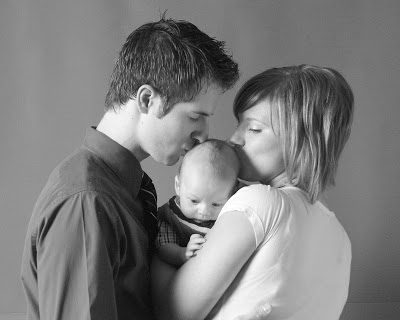What does our child’s birth have to do with courage? Birth triggers similar neurological mechanisms and the release of many of the same neurochemicals associated with courage. If you don’t think it takes courage to give birth, to adopt a child, or unconditionally love another human being then stop reading right now!
That all said, when my kids ask about the day they were born, I fluff up my fur (a.k.a. my crazy curly hair) with pride, wrap them inside my protective lion mama arms, and whisper how I fell in love with them on the day they were born. I tell them how brave they were (in their own specific ways) and how their cries could be heard far and wide awakening the world to their arrival. How their dad and I wept with joy when we first saw them and heard their cry. But most of all, how grateful we are to know them, to witness them grow every day, and to be their parents. Turns out it’s the most “natural thing” in the world to love your child!
Just like the quest for the perfect wedding, it’s nice if everything goes according to plan and it doesn’t rain…but it’s the marriage that really matters. So, I worried about not having had the “perfect birth” for about as long as it took me to bond with my babies—not long. As soon as I was able to hold them, we quickly discovered we fit perfectly together. I was just happy that they, and I, had survived the whole experience! In large part due to my husband and aunt’s loving support. That’s the whole deal with bonding: it helps us survive. If we aren’t bonded as a species, why would we care enough to have the courage to save each other and our planet?
Friends of mine who’d been brave enough to walk the path of parenthood ahead of me taught me a valuable lesson: accept your experience—and your child for that matter—as the perfect learning for you. Other friends and clients of mine, who’d suffered the losses and, sadly, the self-recrimination sometimes associated with miscarriage, infertility, or even a C-section—as if these physical realities were personal failures instead examples of the arbitrariness of life—showed me the way to walk with courage over the hot coals of our own and others’ expectations, judgments, and often limited perspective about the learning deep in birth narrative.
When we are neurochemically in-balance (as much as is possible for any new parent), we are able to promote the bonding process. We are able to provide the necessary cues for emotional regulation that begins the process of ensuring we can be a secure base for our infant. Clients and friends of mine who have had to navigate the dark corridors of post-partum depression are often best-served by short-term psychotropic medication (i.e. an antidepressant) intervention at this stage, often combined with some psychotherapy to help ensure the effectiveness of the intervention. The good news: as long as those periods of emotional disregulation are brief and not chronic, the human being (whether in infancy or adulthood) is resilient to withstand such stress.
 http://www.emotion.caltech.edu/courses/ss140/May8-1.pdf http://www.emotion.caltech.edu/courses/ss140/May8-1.pdf
Knudsen, E. (2004). Sensitive periods in the development of the brain and behavior.
Journal of Cognitive Neuroscience, 16, (8), 1412-1425. doi: 10.1162/0898929042304796
Palmer, L. (2002). Bonding matters: The chemistry of attachment. Attachment Parenting International News, 5,(2), 1-4. http://www.newbornbreath.com/downloads/Handouts/Chemistry%20of%20Attachment.pdf
Pilyoung Kim, P., Swain, J. (2007). Sad dads: Paternal postpartum depression. Psychiatry 4, (2), 35-47.
Porter, L. (2003). The science of attachment: The biological roots of love. Mothering, 119, 1-10. Taylor, S.E., Klein, L.C., Lewis, B.P., Gruenewald, T.L., Gurung, R.A., & Updegraff, J.A. (2000). Biobehavioral responses to stress in females: Tend-and-befriend, not fight or flight. Psychological “Review”, 1073, 411-429. doi: 10.1037/0033-295X.107.3.411
One thought on “Let’s Start at the Beginning…Childbirth”Leave a Reply |


Beautiful post Lisa!Thank you for sharing your birthing journey. Fascinating info on the neurological mechanisms that are in place to promote caregiver-infant bonding.